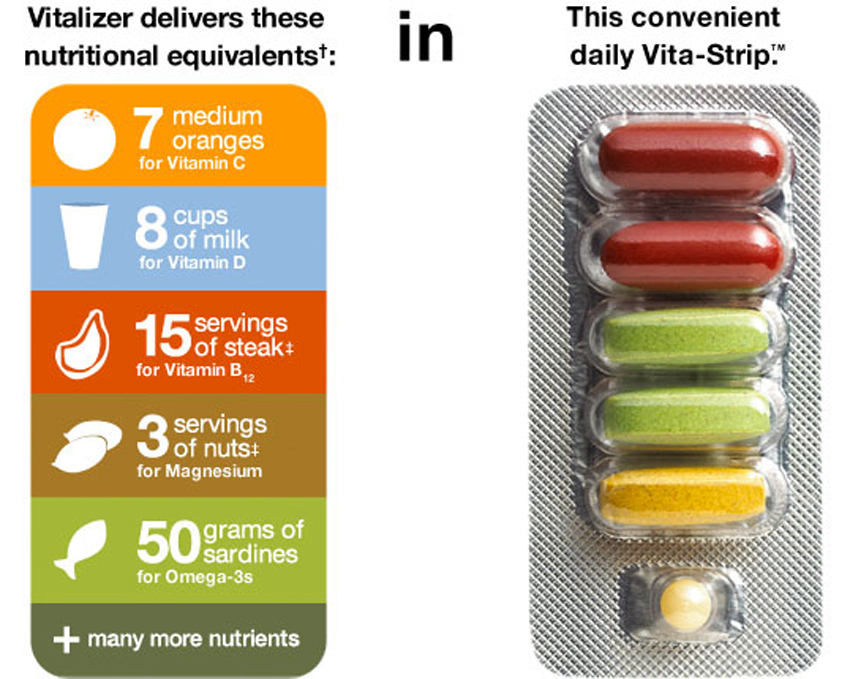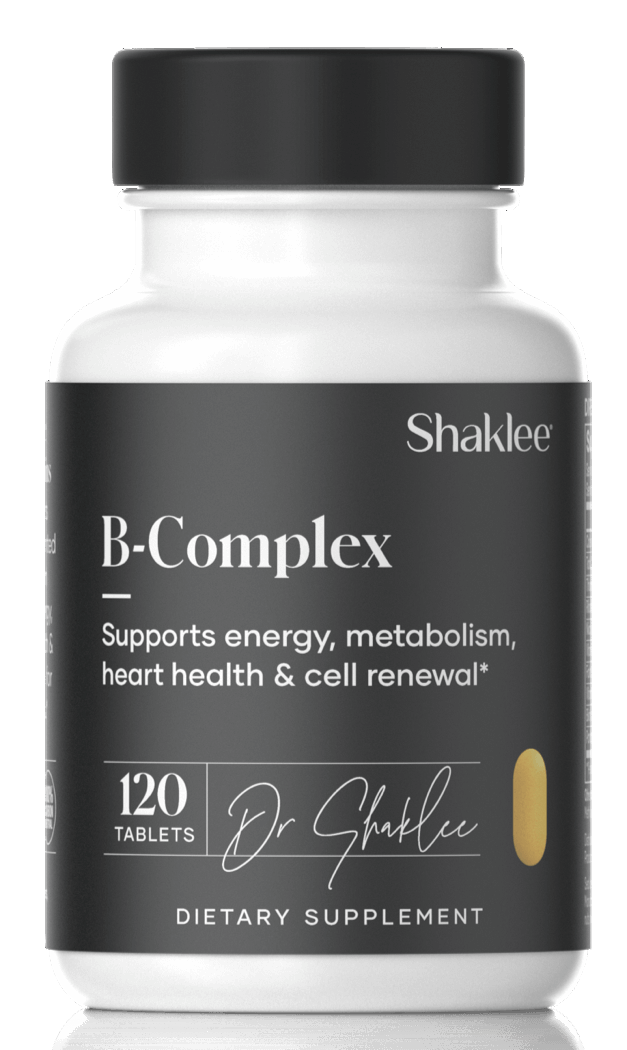
A Conversation About Heart Health (continued)
A high quality multi-vitamin is the core of any basic nutrition program. It fills in the gaps in our daily diet, by providing a broad spectrum of the vitamins and minerals most associated with continuing health. For adults there is Vita-Lea, the gold standard of multi’s, available in four different formats: And for small children there is
the delicious
If you choose to start with just the basic multi-vitamin, then you may want to consider adding some of the following, based on your family history, or any health issues you may experience.
See the next section for why each of the following nutrient combinations are required to maintain heart and overall health. Vivix
or
Kosher Vivix
or
Vivix Gummies
The Linus Pauling Institute is conducting an ongoing series of studies demonstrating how antioxidants help block the formation of atherosclerosis (which causes hardening of the arteries). Vitamin C, vitamin E, Selenium, the bioflavonoids
[28], the carotenoids
[29], and Coenzyme Q10
[30]
all possess powerful antioxidant properties, and appear to protect the inner lining of arteries (the intima, or endothelial layer) from “activation” by free radicals, thus preventing chronic inflammation and atherosclerotic development.
[31,
32]
There has been active scientific debate as to whether elevated homocysteine levels are merely associated with (risk marker) or is a causative factor (risk factor) in heart and vascular disease. A new study by clinical biochemists tested 900 patients and clearly demonstrated that homocysteine levels are the most significant biochemical risk factor for developing vascular disease. Their analysis revealed that homocysteine conformed to Hill's criteria for causation, and that elevated homocysteine levels were treatable through the administration of
B-vitamins, even when the cause was genetic.
[34]
Another new study suggests that lowering homocysteine levels might also prevent or delay the cognitive decline of Alzheimer's disease.
[35] |
|
|
* Although these statements may have not been evaluated by the Food and Drug Administration, they are all drawn directly from the peer-reviewed scientific literature, and that's good enough for me! |


